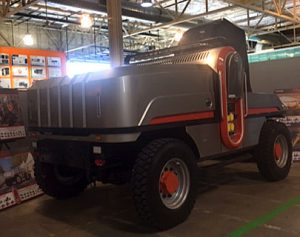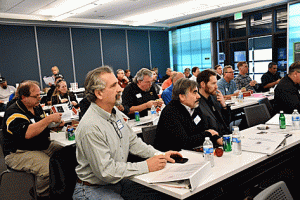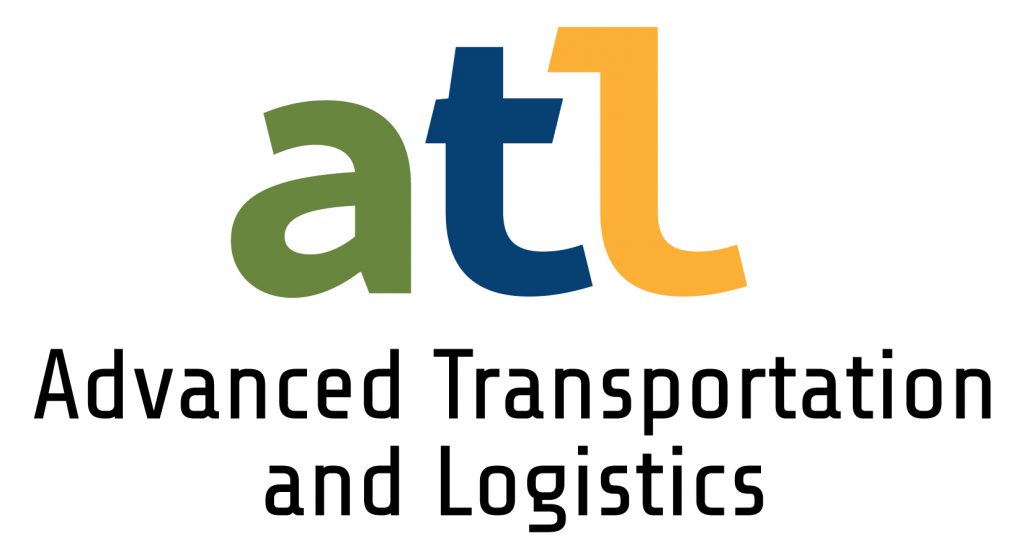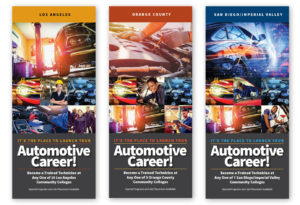
Autonomous Electric Utility Vehicle
Autonomous vehicles are changing the automotive industry, but some employers say that automotive degrees and certificates are stuck in the 1990s.
How can community colleges prepare students for the jobs of today and tomorrow? A recent meeting brought together leaders from industry and education to examine that question.
In November, automotive faculty from the Bay Area and Southern California came together for The Automotive Marketplace, the first major event of the Automotive Regional Joint Venture Project, NextGen AutoTech. More than 25 faculty from 14 colleges attended, along with representatives from BMW, Bosch, Ford, Lyft Level 5, and Tesla. Automotive faculty from San Jose State University also participated in the day’s events.
The event was created in response to concerns from employers that auto programs are not keeping pace with autonomous vehicles, advanced electrical systems and other rapidly-changing elements of the industry.
 Pamela Gutman, Advanced Transportation and Logistics Deputy Sector Navigator, moderated a panel on new technologies that will emerge over the next three years for which students need to be prepared when they enter the job market. Industry and faculty then identified and discussed new skill sets that students will need in the increasingly challenging autonomous vehicle environment.
Pamela Gutman, Advanced Transportation and Logistics Deputy Sector Navigator, moderated a panel on new technologies that will emerge over the next three years for which students need to be prepared when they enter the job market. Industry and faculty then identified and discussed new skill sets that students will need in the increasingly challenging autonomous vehicle environment.
“During the industry panel, faculty began to openly acknowledge that things are changing in the automotive industry and that our programs need to change to keep pace,” Gutman said. The bottom line was reiterated many times by faculty: change is impacting our automotive programs.”
Participants also heard from faculty who are starting to update their programs to accommodate these changes. Nick Rothman, Auto Program Chair and Maura Devlin-Clancy, IOT Instructor at City College of San Francisco, presented their draft outline of the first contextualized IOT /Auto course and the nine-unit certificate that they are developing. Mark Bernbach, Auto Instructor at Evergreen Valley College, presented their new curriculum “Introduction to Modern Vehicle Control Modules” and “Driver Assist Technology.”
The Automotive Marketplace was designed to be the first step in a series of conversations about how to adapt auto programs and curricula to changing industry needs. Following the meeting, about 25 faculty began testing Arduino kits, which are designed to teach basic programming skills that are increasingly necessary to work on advanced electronic systems. Faculty will receive additional training in Advanced Driver Assistance Systems (ADAS) by June and new ADAS curriculum will be developed by the end of the year.
Faculty were also encouraged to explore ways they could partner with the computer science departments at their schools, and continue teaching soft skills based on the New World of Work curriculum.


